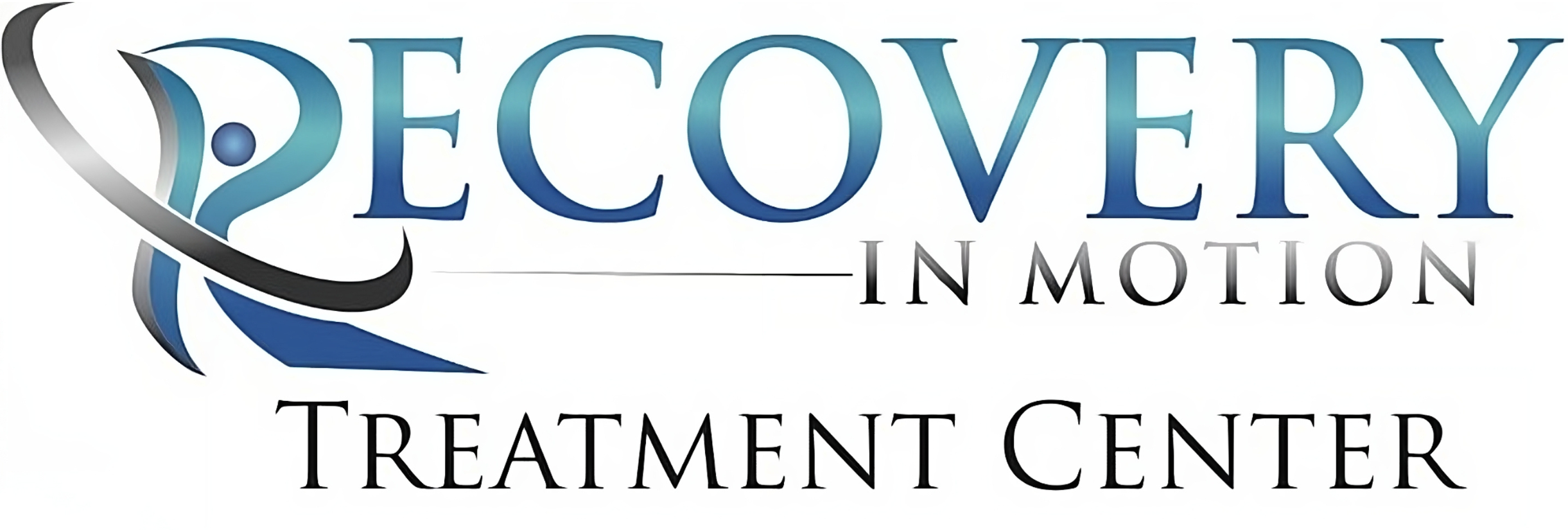Individual Therapy
- Individual Therapy
Individual therapy for drug and alcohol addiction is a common component of an effective treatment program. Although people who suffer from substance abuse may have some similar experiences, there are certain aspects that are unique to each person. These unique aspects are best treated with individual therapy. These one-on-one sessions are ideal for building a relationship with a therapist and doing the work to re-frame old triggers and habits with constructive thought processes and positive habits.
A major theme in one-on-one therapy sessions is personal accountability, including routine testing for drugs or alcohol. Sobriety is only the first step to your successful recovery. You will get a clear understanding of your triggers and how to cope without drugs or alcohol. You’ll also learn how to utilize the tools you learn in therapy.
We believe that it’s important to recognize and reward recovery progress. The 12-Step program is an important piece of our treatment process because each person who attends meetings receives chips and recognition for their progress.
Consistent treatment is the most effective. Every person who suffers from substance abuse experiences different issues and the severity of certain symptoms can vary. This makes individual therapy an important piece of the recovery puzzle.
We like to think of treatment in four stages.
1. Initiation and Evaluation
Taking the first step is difficult. It’s important for you and your family to understand your treatment options. Once you enroll in treatment at Recovery in Motion, we evaluate your needs and schedule your first session with your therapist. Initiating treatment begins with just one phone call (866) 418-1070.
2. Abstinence
The first stages of treatment involve working with addiction specialists. You will learn about the physical and psychological effects of withdrawal, your triggers, and new ways to cope when you’re triggered.
3. Abstinence Maintenance
After 90 days of sobriety and treatment, you return home. You have more independence and responsibility to continue your treatment. Before you leave, we’ll create a follow-up plan with you to set you up for success. This plan will include regular contact with a therapist and support meetings. Even though you will have left treatment, you are not alone.
4. Continued Recovery
Five years of sobriety is usually considered advanced recovery. This means they have maintained a healthy lifestyle and continue to place a high priority on physical, mental, and social health, as well as giving back to the community.
There is no timeline for these stages and they often overlap. Healing is not linear and it’s important to hold compassion for yourself on your recovery journey. Remember to seek progress, not perfection.
- Individual Therapy for Co-Occurring Disorders
Many drug and alcohol addicts suffer from co-occurring mental health disorders. Cognitive Behavioral Therapy (CBT) is the foundation of the treatment program at Recovery in Motion. We use a variety of research-based treatment approaches in conjunction with CBT to form individualized treatment programs for each resident.
CBT is based on the idea that our thoughts dictate our actions. With one-on-one talk therapy, CBT aims to reframe our thoughts and change our feelings around certain events. When we counter our negative self-talk and debilitating internal monologues, we are able to have a healthier perspective.
Individual therapy is the ideal place to address co-occurring disorders because you and your therapist work through your triggers and develop coping mechanisms and social skills together. Everyone is unique so when your therapist is developing your treatment plan, they take your addiction characteristics, physical health, family history, and mental health into account.
The relationship between you and your therapist is critical to your success in treatment. Our skilled and highly trained addiction therapists are experts in their fields. They establish genuine and lasting rapport with their patients. This leads to open and natural communication which allows you to be vulnerable and truly devote yourself to the therapeutic process and your lifetime of recovery.
The most important work done in individual therapy is focused on uncovering the underlying factors and trauma that each person carries. Many people who suffer from substance abuse have troubled childhoods and traumatic events that they haven’t fully processed and instead turned to substances to self-soothe. Bringing these underlying issues to light in individual therapy is at the heart of a successful treatment program. It’s important to treat each person’s trauma with empathy and importance.
- Individual Therapy for Addiction
It is a common belief that you have to be ready and willing to accept treatment it can be effective. This might not be the case. In the midst of active addiction, your brain does everything it can to continue receiving the substance it relies on. Your brain does everything it can to prevent you from seeking help and taking steps towards a sober life in recovery.
In individual therapy sessions, you and your therapist will work together to establish recovery goals. For many people, an early treatment goal is learning how to refute the justifications that they have been using to keep abusing drugs and alcohol. Some justifications can include:
- If I stop using drugs or alcohol, I’ll lose friends and won’t be able to have fun.
- It’s not my fault, I need drugs and alcohol to function like a normal person.
- I don’t know who I am without drugs and alcohol.
- Nobody suffers from my drug or alcohol abuse except me. I’m not bothering anyone.
- Life is boring and tedious without drugs or alcohol, especially on the weekends.
As you remain sober, the substances loosen their hold on your brain. Through individual therapy, you can start to correct your destructive thought patterns and replace them with new coping mechanisms. In this process, your therapist is able to work with you to help you understand that recovery is possible and within your reach.


